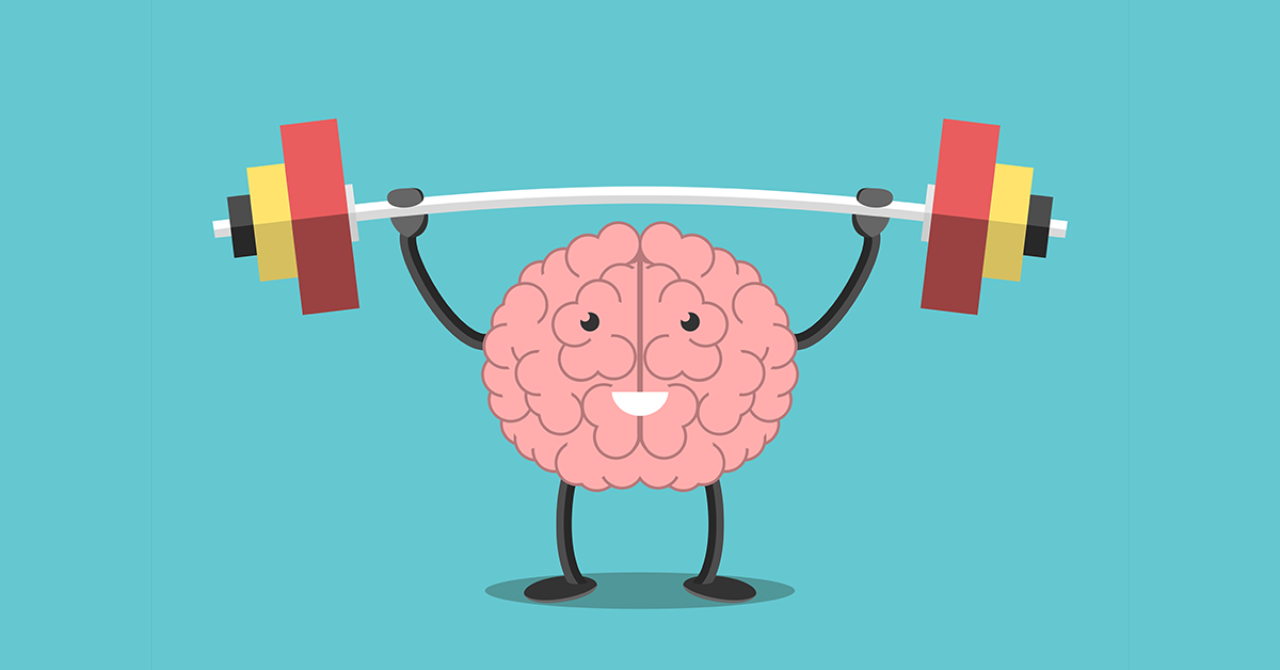Introduction
Improving our mental health is a crucial aspect of overall well-being. While it may seem overwhelming, making positive changes to enhance mental health is possible, starting today. In this article, we will explore various strategies and habits that can significantly contribute to improving mental health and fostering a sense of well-being.
Understanding Mental Health
Mental health encompasses our emotional, psychological, and social well-being. It affects how we think, feel, and act, and plays a significant role in determining how we handle stress, make choices, and relate to others. Prioritizing mental health is vital as it influences every aspect of our lives.
Importance of Taking Care of Mental Health
Just as we prioritize our physical health, it is essential to prioritize mental health as well. Taking care of our mental health can enhance resilience, improve relationships, boost productivity, and increase overall happiness. Here are some actionable steps to start improving mental health today:
1. Incorporating Physical Exercise
Engaging in regular physical exercise is not only beneficial for our physical well-being but also for our mental health. Exercise releases endorphins, which are natural mood boosters. Whether it’s a brisk walk, a dance class, or a gym workout, finding an activity you enjoy and incorporating it into your routine can have a positive impact on your mental health.
2. Practicing Mindfulness and Meditation
Mindfulness and meditation are powerful practices that can help reduce stress, improve focus, and increase self-awareness. Taking a few minutes each day to sit in silence, focus on your breath, and observe your thoughts can help calm the mind and promote overall mental well-being.
3. Maintaining a Balanced Diet
Eating a well-balanced diet is not only essential for our physical health but also for our mental well-being. Certain nutrients, such as omega-3 fatty acids, B vitamins, and antioxidants, are known to support brain health. Incorporate fresh fruits, vegetables, whole grains, lean proteins, and healthy fats into your diet to nourish your body and mind.
4. Getting Sufficient Sleep
Adequate sleep is vital for maintaining good mental health. Lack of sleep can contribute to increased stress, mood swings, and difficulties in concentration. Aim for seven to nine hours of quality sleep each night by practicing good sleep hygiene, such as establishing a bedtime routine and creating a comfortable sleep environment.
5. Building a Supportive Social Network
Having a supportive social network plays a crucial role in maintaining good mental health. Cultivate meaningful relationships with friends, family, or support groups. Surround yourself with people who uplift and inspire you, and whom you can rely on for support during challenging times.
6. Managing Stress and Time
Stress is an inevitable part of life, but managing it effectively is essential for mental well-being. Identify stressors and implement stress-management techniques, such as deep breathing exercises, time management, and setting realistic goals. Prioritize self-care activities to alleviate stress and maintain a healthy work-life balance.
7. Engaging in Hobbies and Activities
Pursuing hobbies and activities that bring joy and fulfillment can significantly improve mental health. Whether it’s painting, playing an instrument, gardening, or practicing a sport, engaging in activities you love helps reduce stress, boost mood, and enhance overall well-being.
8. Seeking Professional Help
If you’re struggling with your mental health, don’t hesitate to seek professional help. Mental health professionals, such as therapists or counselors, can provide guidance, support, and effective treatment options tailored to your specific needs. They can assist you in developing coping mechanisms and strategies for long-term mental well-being.
9. Limiting Social Media and Screen Time
While technology has its benefits, excessive use of social media and screen time can negatively impact mental health. Set boundaries and allocate specific times for technology use. Limit exposure to negative or triggering content, and instead focus on activities that promote positive mental well-being.
10. Taking Breaks and Practicing Self-Care
In our fast-paced lives, taking regular breaks and practicing self-care is crucial. Dedicate time each day for self-care activities that you enjoy, such as taking a bath, reading a book, practicing yoga, or listening to music. Taking care of yourself physically, emotionally, and mentally is vital for overall well-being.
11. Cultivating Gratitude and Positive Thinking
Practicing gratitude and positive thinking can significantly impact mental health. Take a few moments each day to reflect on the things you are grateful for, no matter how small. Focus on positive aspects of your life and develop a positive mindset. This can help reframe negative thoughts and improve overall mental well-being.
Conclusion
Improving your mental health doesn’t happen overnight, but by incorporating small changes into your daily routine, you can make significant progress. Remember to prioritize self-care, engage in activities that bring you joy, seek support when needed, and develop healthy habits. Taking care of your mental health is an ongoing journey, and every step you take today contributes to a happier and healthier future.








